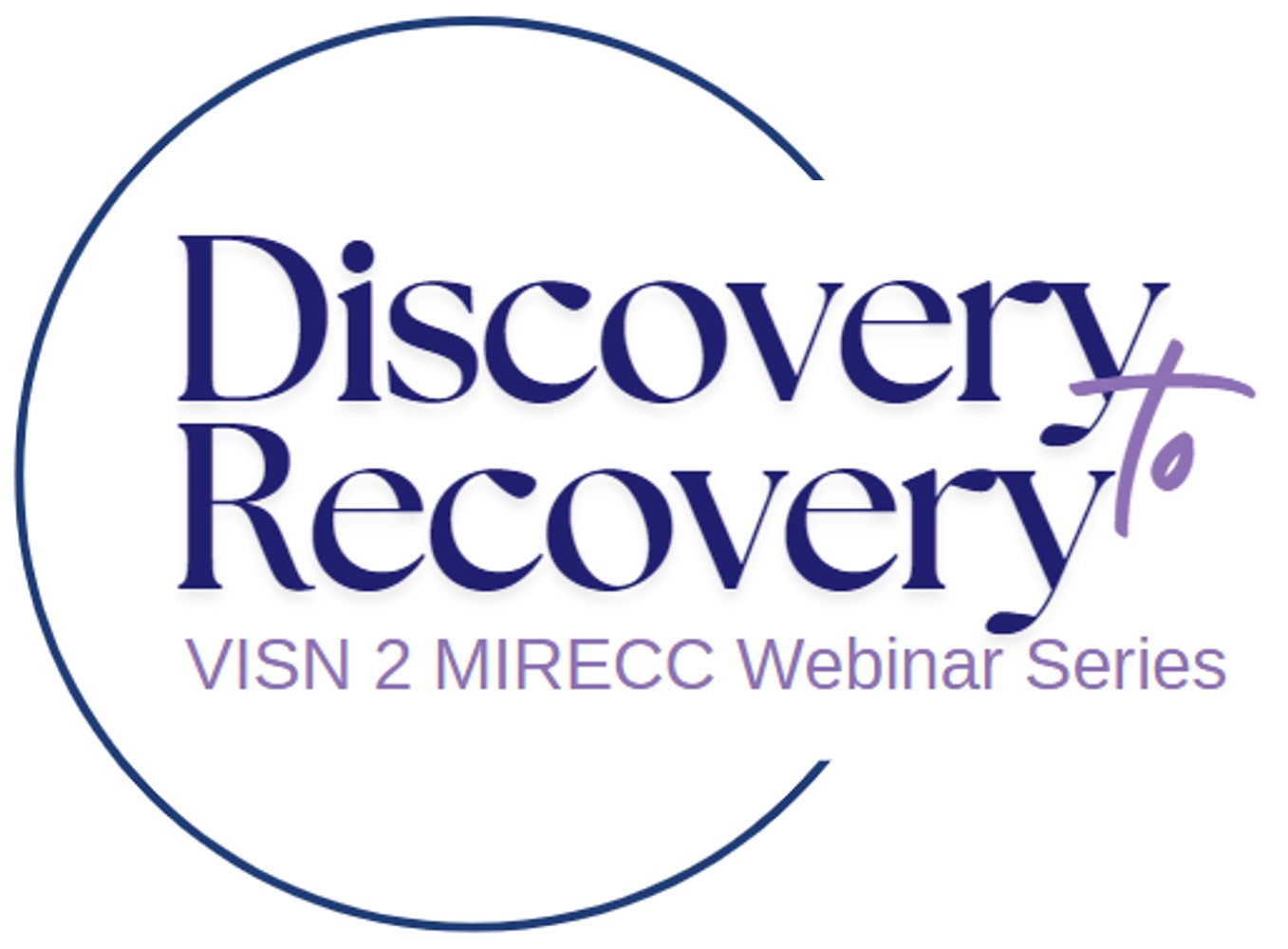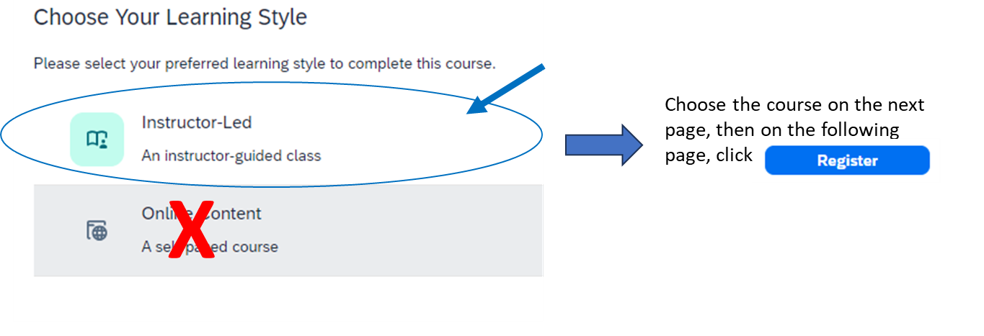Webinar Series

April 9th, 2025 at 12-1PM
Recovery After a Suicidal Crisis: Learning how to apply the COURAGE Framework
with Dr. Yosef Sokol
Purpose Statement:
There is a critical gap in personal recovery-oriented theory, research, and care for individuals after suicidal episodes. Clinicians often focus primarily on symptom reduction and risk assessment rather than on facilitating personal recovery and growth. The purpose of this live, knowledge-based virtual presentation is to enhance interprofessional healthcare teams, and clinicians' competence in applying evidence-based recovery frameworks specifically designed for post-acute suicidal episodes. Participants will learn to implement the COURAGE model and utilize the RESST assessment tool while understanding how the Transtheoretical Model of Change applies to suicide recovery. This integrated approach will improve patient outcomes through a more comprehensive, person-centered approach to post-suicidal care that acknowledges the non-linear nature of recovery.
Outcome/Objectives:
At the conclusion of this educational program, learners will be able to;
1. review clinical recovery and personal recovery approaches for individuals who have experienced suicidal episodes;
2. apply the RESST (Recovery Evaluation and Suicide Support Tool) to assess and monitor recovery progress in clinical settings;
3. utilize the Transtheoretical Model of Change to identify appropriate interventions based on a patient's stage of recovery;
4. describe the seven processes of the COURAGE model to develop individualized recovery plans for Veterans following suicidal episodes; and
5. integrate recovery-oriented assessment and treatment approaches into existing suicide prevention protocols.
Program Description:
The VISN 2 Mental Illness Research, Education and Clinical Centers (MIRECC) pursues a discovery-to-recovery approach to determine the causes, identify predictors, and develop treatments for individuals with SMI, with emphasis on psychosis and on suicide. The topics for this series consist of innovative treatments that we have created/tested and insights from research that have helped to inform clinical care.
Target Audience:
Physicians, Psychologists, Social Workers, Nurses, Counselors, and Therapists
Accreditations (1 CE): ACCME, ACCME-NP, APA, ASWB, JA IPCE, NBCC, NYSED SW, NYSED Psychology
Registration:
VA Attendees (TMS #131014489)
Non-VA Attendees (TRAIN #1127675)
PRESENTER:

Dr. Yosef Sokol received his PhD in clinical psychology from Hofstra University and his Post-Doctoral training at the VISN-2 MIRECC. He is currently a MIRECC Health Specialist Research Scientist at the Bronx VA Medical Center, where he oversees a variety of funded research projects. His work seeks to understand how personal identity deficits, and in particular, deficits in ‘future self-continuity,’ a sense of the persistence of the self into the future, relate to the development and recovery from suicide-related symptoms. His research findings have led him to articulate a recovery-oriented treatment for individuals with a recent episode of acute suicidal symptoms: ‘Continuous Identity Cognitive Therapy (CI-CT)’. His current research focuses on developing and evaluating the efficacy of a recovery-oriented treatment for post-suicidal patients. He is also working to develop a recovery-oriented treatment for post Covid-19 psychiatric conditions that integrates direct medical and psychiatric sequala with psychosocial downstream effects of loss of functioning. In addition to his VA position, he serves as a member of the core clinical faculty at Touro University’s Doctoral Psy.D. program in Clinical Psychology.
Additional Information for TMS Registration:

Questions?
Non-VA employees, please contact the VHA TRAIN Help Desk by email at VHATRAIN@va.gov.
VA employees, please contact Lauran Hardy at Lauran.Hardy@va.gov.
Last updated: March 25, 2025



















